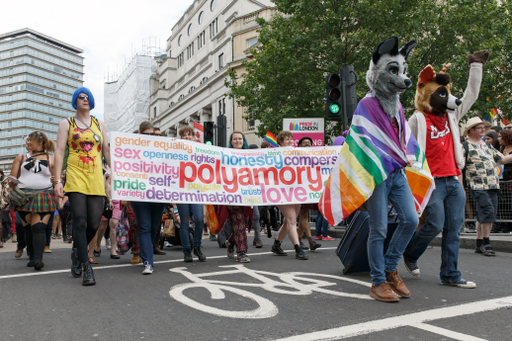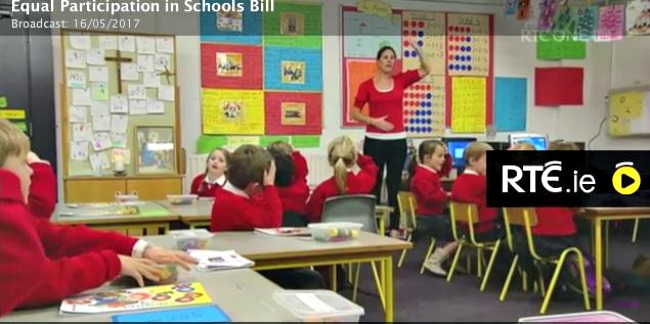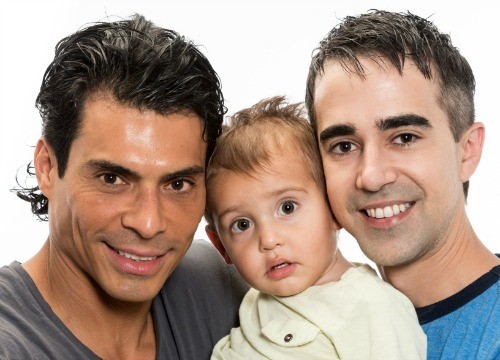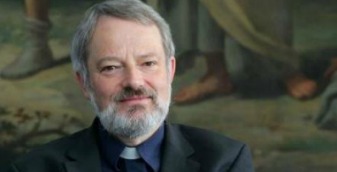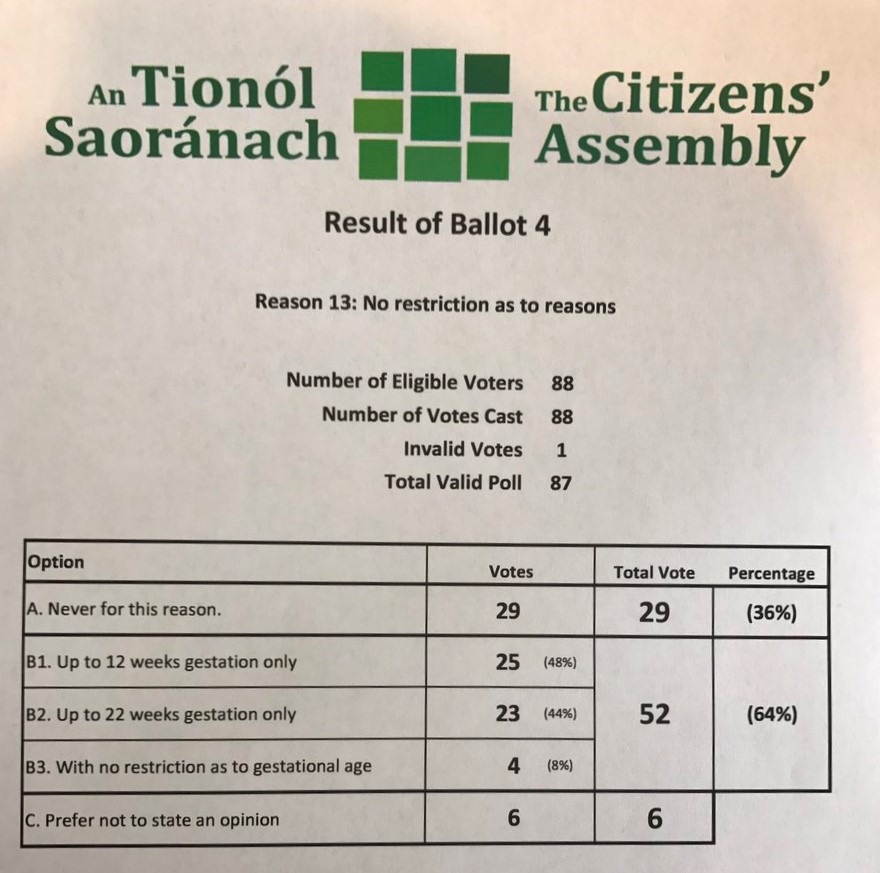In a bizarre turn of events, a Children’s organisation called ‘Having Kids’ has sent an open letter to Prince William and Kate Midleton urging them to stop having kids. In an echo of China’s coercive two-child policy laws, the San Francisco based group believes that couples should limit themselves to having at most two children as a means of promoting sustainable living. In their letter to the Royal couple, they say, “Your discussion of having a larger family raises compelling issues of sustainability and equity. Large families are not sustainable. As degraded as the world’s environment is today, none of us can imagine what the world would be like if fertility rates had not been halved in the 20th Century, below 3 children per woman.”
“We must keep moving in the right direction, especially given the many studies that show family planning has the most potential for mitigating climate change and its impacts. The future of your country will be defined by the impacts of climate change.”
They say that all people, and especially public figures, should plan their families with goal of “producing a smaller and more resilient populace capable of thriving in that environment”.
“Rather than having a third or more children, families consider forgoing another child and taking part of the substantial resources saved to help a different family plan a fair start in life for their child,” they write, adding helpfully, “There are many ways to do this and we can provide more information.”

